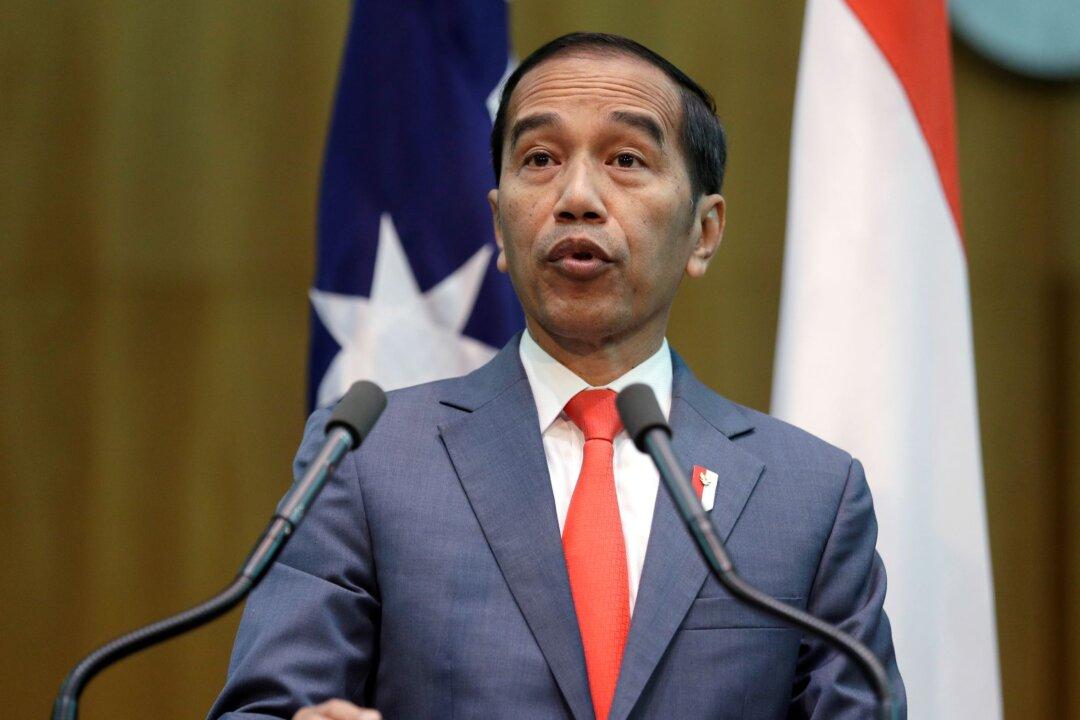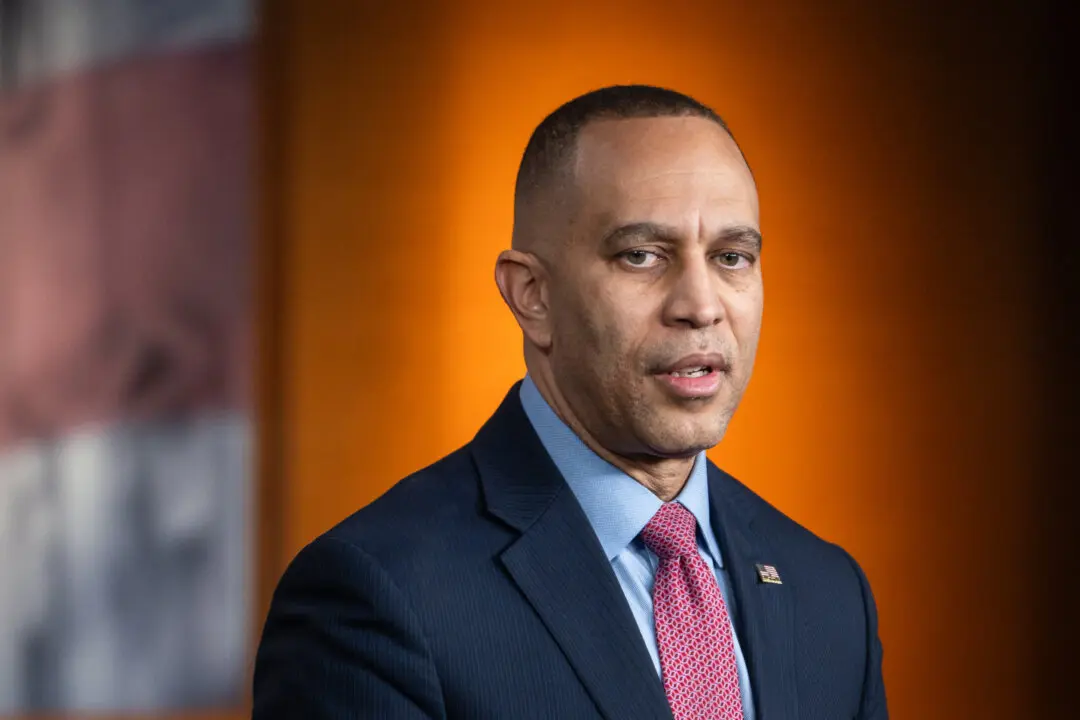Indonesia will ban the export of cooking oil and its raw materials from April 28 to tackle domestic shortages and control surging cooking oil costs, President Joko Widodo said Friday.
“I will monitor and evaluate the implementation of this policy so [that] availability of cooking oil in the domestic market becomes abundant and affordable,” the president said in a video broadcast, local media Tempo.co reported.





